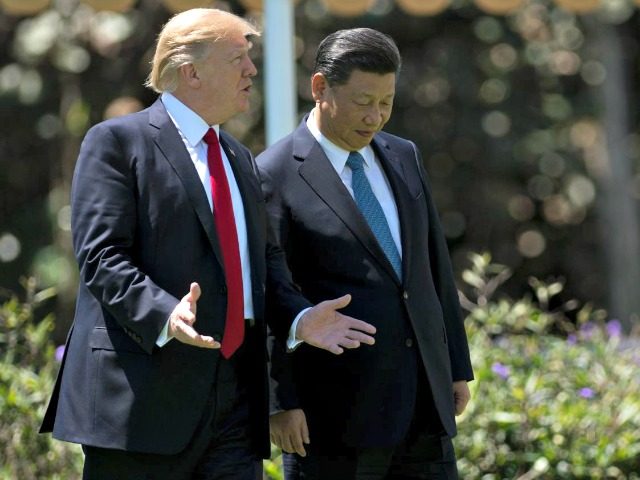The growth of the U.S. trade deficit with China is a sign that President Donald Trump’s trade war has been less effective than the administration may have hoped.
That’s the bad news for the Trump administration and trade hawks. The good news is that it shows Trump and the trade hawks were right: tariffs need to be much higher to make real progress on the deficit.
Trump campaigned on raising some tariffs on imports to 35 percent. He initially imposed a 25 percent tariff on around $50 billion of Chinese goods. A few months back, he imposed a 10 percent tariff on an additional $200 billion and said that number would rise to 25 percent on January 1st if China did not agree to U.S. trade demands.
In other words, the 10 percent was not a tariff designed to reduce the trade deficit. It was the tariff designed to get China’s attention. Which it did, forcing China to cease its threats of retaliation in favor of negotiating with the U.S. A trade deficit reducing tariff would have to be much higher, perhaps even exceeding the 25 percent that was supposed to apply two months ago.
As Ben Walsh points out at Barron’s, Wednesday’s trade deficit figures strengthen the Trump administration’s hand because they demonstrate that China has much more at stake than the U.S. in keeping tariffs from escalating.
There are clear indicators that the Chinese economy is taking a hit from American tariffs. That, of course, is President Trump’s aim. And while the widening trade gap can be seen as an embarrassing data point for the President, it underscores how the asymmetry in the U.S.-China trade relationship can work in Trump’s favor: there are simply far more Chinese goods coming into the U.S. to hit with tariffs than there are American goods flowing into China that can be hit with retaliatory charges.
Each country can inflict economic pain on the other, but the latest deficit numbers underscore that the potential magnitude of that pain is greater for the export-dependent Chinese economy.
And China’s leadership knows that it cannot afford the further pain that another round of tariff hikes would entail.

COMMENTS
Please let us know if you're having issues with commenting.